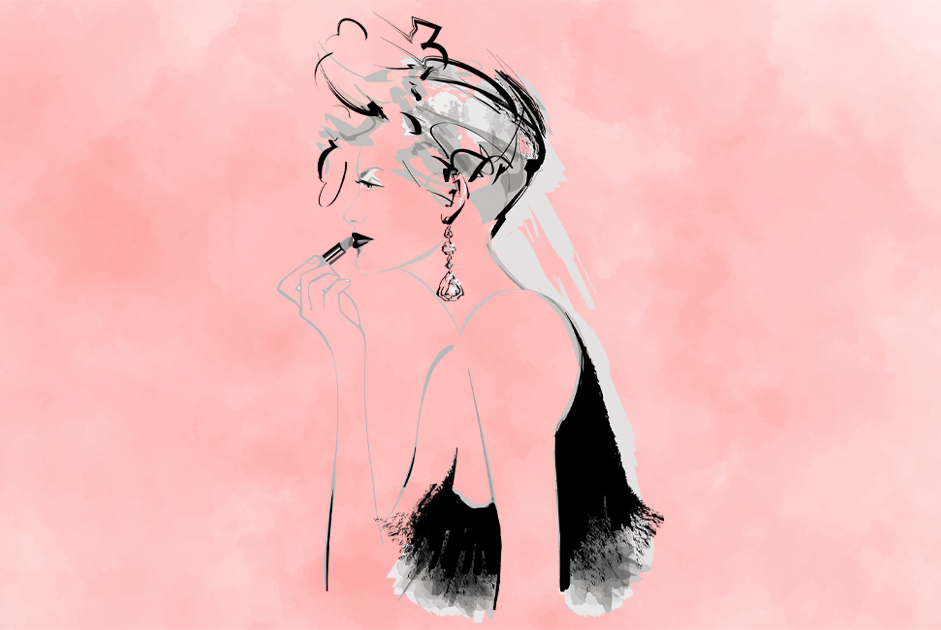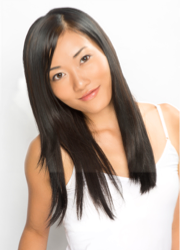In a world where appearances often speak louder than words, the way women choose to present themselves is a powerful form of expression. The “masks” we wear – whether through makeup, fashion or hairstyling – act as both shields and canvases, shaping personal identity and signaling empowerment. Women’s styling choices can be interpreted as an essential element of self identity and a means of liberation, and women’s identities can be shaped by their relationship with beauty and the masks they choose to wear. First impressions matter, and the adage “clothes make the woman” resonates deeply.
The Mask Concept
Psychologically, the concept of wearing a mask can be understood as a method of coping with societal expectations and norms. Women often feel pressure to conform to certain standards of beauty, influenced by media portrayals, cultural traditions and peer perceptions. These pressures can lead to a dual identity – the authentic self, hidden behind the socially accepted facade. However, this “mask” can also empower women, allowing them to explore different facets of their personality and express their individuality.
Beauty and Identity
Beauty is a multifaceted notion, shaped by cultural and social contexts. For many women, engaging with beauty – whether through makeup, hairstyles, fashion choices or accessories – is not merely about attraction, it is an assertion of identity. Makeup products serve as more than tools for enhancement; they become symbols of creativity and self care. In the act of beautifying themselves, women embrace the freedom to redefine how they perceive themselves and how they wish to be perceived. Fashion, makeup and personal styling can serve as powerful tools for self expression, identity formation and empowerment.
Songs celebrating female empowerment often underscore this theme. Tracks like Beyoncé’s “Flawless” or Lizzo’s “Good as Hell” encourage women to take pride in their unique beauty and to challenge conventional standards. The lyrics resonate with a message of confidence and self acceptance, reinforcing the idea that beauty is not merely skin deep but intricately linked to one’s inner worth.
Beauty and Self Esteem
Engaging with beauty practices offers psychological benefits that contribute to empowerment. Studies indicate that when women invest time and resources into their appearance, they often experience heightened self esteem and self efficacy. This aligns with the theory of self presentation, where individuals modify their appearance to control how others perceive them which gives women a sense of agency over their identity.
Beauty rituals serve as a form of self care, promoting mental well being. The meditative act of applying makeup or choosing an outfit can provide space for reflection and personal expression. In a world increasingly focused on productivity and output, these moments of creativity allow women to reconnect with their desires and aspirations.
Beauty as Freedom of Expression
Beauty celebrates diversity – in all its forms and expressions. Women are reclaiming beauty by embracing their natural features, challenging stereotypes and promoting inclusivity. The rise of body positivity movements has redefined traditional beauty standards, suggesting that empowerment stems from authenticity, not conformity. Influencers and activists advocate for a broader definition of beauty that honors individuality, encouraging women to wear their masks – or choose to remove them – based on personal preference rather than societal demands.
Beauty and Empowerment
To appreciate beauty as part of our identity and freedom of expression, women must internalize the message that they have the power to choose. Whether it’s selecting bold colors, minimalist styles, extravagant hairstyles or going makeup-free, beauty choices should reflect personal values and feelings. This appreciation fosters a healthy relationship with beauty practices, allowing women to experience empowerment, not just externally but internally, as well.
The psychology behind the masks women wear extends beyond superficiality. Beauty, in its many forms, is interwoven with identity, empowerment and freedom of expression. By understanding the significance of these choices, women can navigate societal pressures more confidently, celebrating their uniqueness rather than succumbing to conformity.
Ultimately, the power lies not in the mask itself but in the autonomy to wear it – or to leave it aside altogether – infusing the notion of beauty with authenticity, strength and liberation.



















